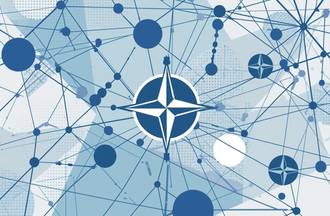Stabilisation, Peacebuilding and Integrated Programming
This programme aims to enhance the effectiveness and impact of stabilisation and peacebuilding initiatives while also exploring the advantages of integrated programming methods.
Programme Introduction
With the evolving nature of security over recent years and a shifting focus from counterterrorism towards resolution of geopolitical conflict, the importance of stabilisation and peacebuilding cannot be understated in foreign and security policy and practice.
The Terrorism and Conflict Studies team contributes to the effectiveness and impact of stabilisation and peacebuilding initiatives through research, training, and support. This programme consolidates all pertinent projects that implement and evaluate gender-responsive, intersectional strategies for comprehensive approaches to stabilisation and peacebuilding, as well as considering the need for integrated programming approaches with the constricting of available resourcing for these efforts.
Programme team
Dr Jessica White
Director of Terrorism and Conflict Studies
Terrorism and Conflict
Dr Joana de Deus Pereira
Senior Research Fellow
RUSI Europe
Dr Antonio Giustozzi
Senior Research Fellow
Terrorism and Conflict
Christopher Hockey
Senior Research Fellow
RUSI Nairobi
Michael Jones
Senior Research Fellow
Terrorism and Conflict
Claudia Wallner
Research Fellow
Petra Regeni
Research Analyst and Project Officer
RUSI Europe
Chris Goodenough
Programme Manager
Terrorism and Conflict
Timothy Kimaiyo
Threat Analyst | RUSI Consultant
RUSI Nairobi


























